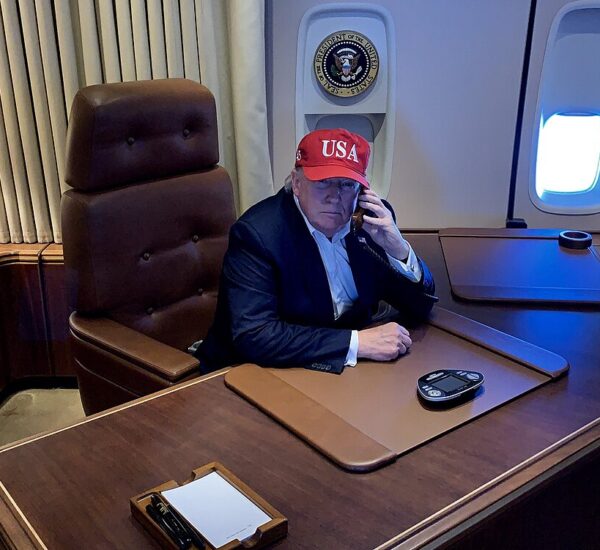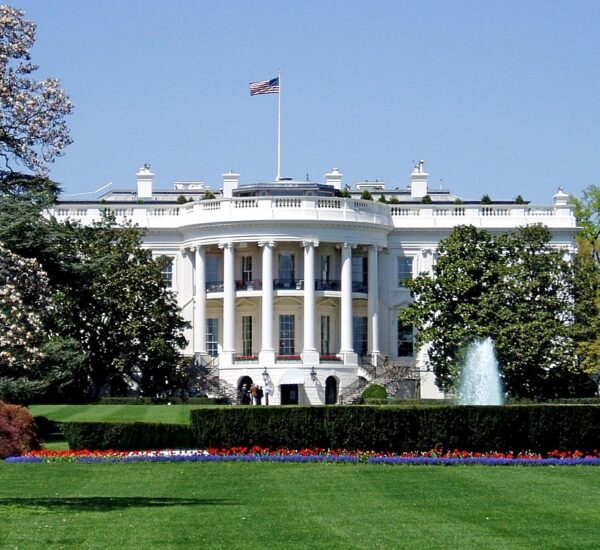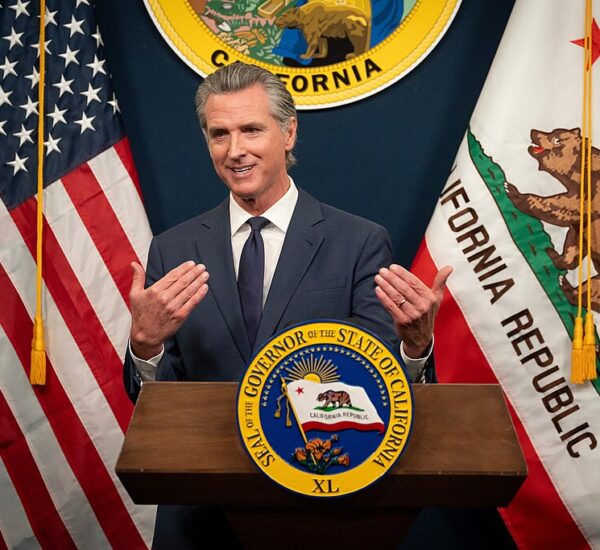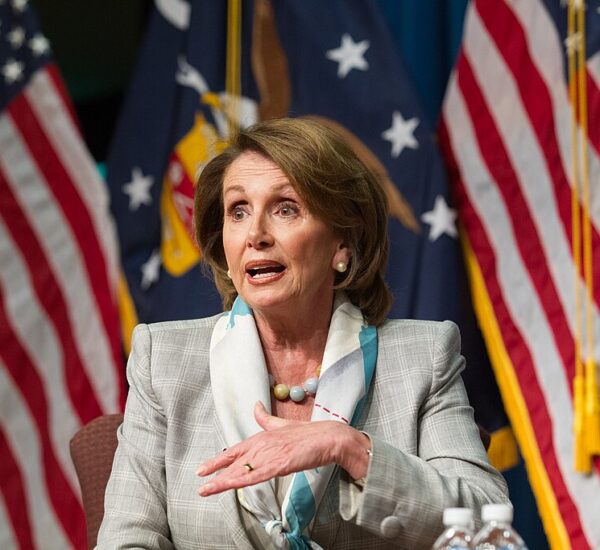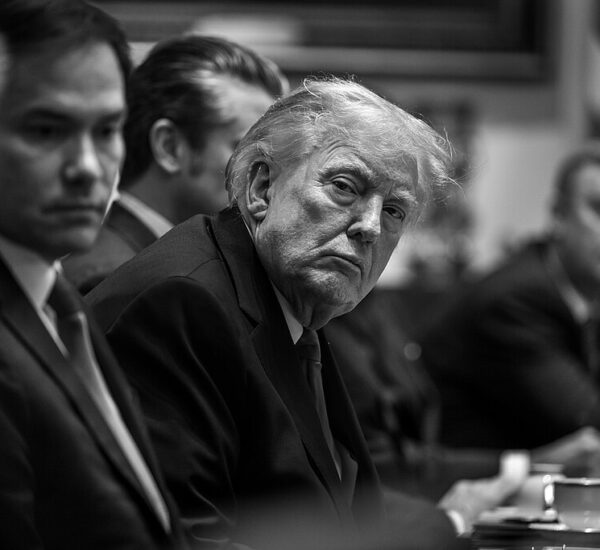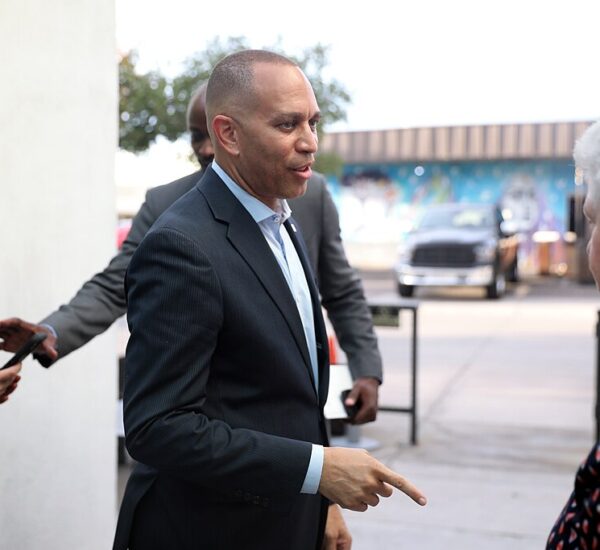Trump Treasury Releases Economic Message
Treasury Secretary Scott Bessent recently raised concerns about the growing dependence of the U.S. economy on excessive government spending, stating that it has become “addicted” to such practices. During an appearance on CNBC’s Squawk Box, Bessent warned that the country would face a challenging “detox period” as a result of this reliance on government intervention.
Bessent emphasized that the transition away from excessive spending would require a “natural adjustment” as the Trump administration strives to shift the economy toward a greater emphasis on private sector spending. This shift, he argued, would ultimately lead to a more stable and sustainable economy. When asked about the timeline for this transition, Bessent expressed confidence, stating that with the right policies, the country would experience a smooth economic adjustment.
The administration, Bessent noted, is focused on helping Americans achieve the “American dream,” specifically the ability to purchase a home. To make homeownership more accessible, one of the key goals of the administration is to bring down interest rates, which have been a significant obstacle for many potential buyers.
Despite the administration’s efforts, financial markets experienced volatility recently, with a significant drop in response to President Trump’s tariffs on goods from Mexico, Canada, and China. A report on consumer sentiment also raised concerns about the broader economic outlook. Acknowledging these challenges, President Trump stated during his joint address to Congress that there would be “a little disturbance” following the tariffs, but reassured the public that it would ultimately lead to the growth of American prosperity. As he put it, “Tariffs are about making America rich again,” with the temporary disruptions being a necessary part of the process.
In line with the administration’s tough stance on trade, President Trump’s tariffs went into effect on Tuesday, which included a 25 percent levy on Canadian and Mexican imports and an additional 10 percent tax on Chinese goods. However, the administration has paused the tariffs on Canadian and Mexican imports covered under the USMCA agreement until April 2, giving businesses time to adjust to the new trade policies.

